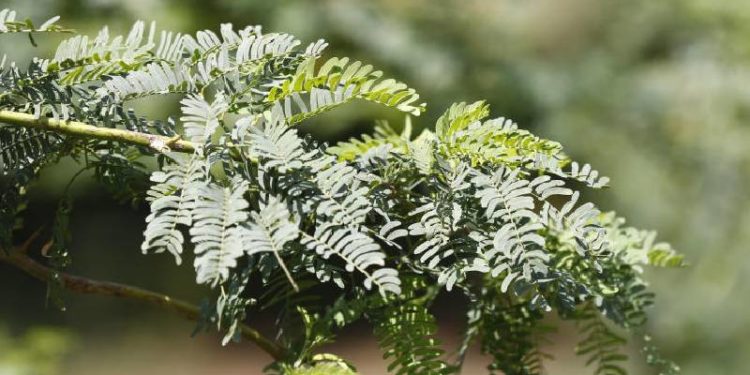Kenya’s cabinet declared an “emergency stage of national disaster” over the devastating impacts of the invasive Prosopis juliflora tree across 16 counties, approving an urgent national strategy to control the noxious weed.
The Prosopis juliflora, locally known as ‘Mathenge’, was introduced in the 1970s to Kenya’s arid regions to combat desertification and provide fodder. However, the Plant Protection Act classified it as a noxious weed in 2006 after its extremely robust growth began damaging ecosystems, farmlands and pastoral rangelands.
“Cabinet observed that the extent of invasion had escalated to emergency stage of the national disaster-risk index,” the cabinet dispatch stated. It noted the largest infestations span eight counties – Turkana, Tana River, Garissa, Isiolo, Marsabit, Kajiado, Taita Taveta and Baringo.
The weed’s “devastating negative consequences” include biodiversity loss, livestock deaths from consuming its thorns and leaves, malaria spread, and threats to “livelihoods of pastoral communities and farmers” from loss of grazing and cropping areas.
To combat this, Cabinet approved a multi-agency “national strategy and action plan for the management and control” led by the environment, agriculture and energy ministries.
“Upon consideration of the devastating negative consequences of the tree species on the overall ecosystem…Cabinet noted that the extent of invasion had escalated to emergency stage,” the dispatch warned.
It stated the solution requires “the charge of an inter-ministerial committee” to urgently address “loss of critical dry season grazing areas, pasture, and cropping areas.”
Cabinet also addressed other issues like enhanced dam safety measures after recent heavy rainfall, lower anticipated electricity prices, approval of the Kenya Water Training and Research Institute Bill, and steps to make Nairobi a top diplomatic hub for Africa.
But the invasive tree species strategy is poised to be one of the government’s biggest environmental policy undertakings this year due to the scope of ecological damage across Kenya’s arid lands.
















